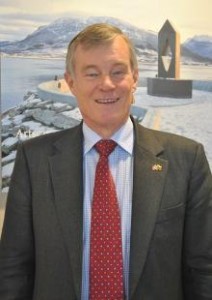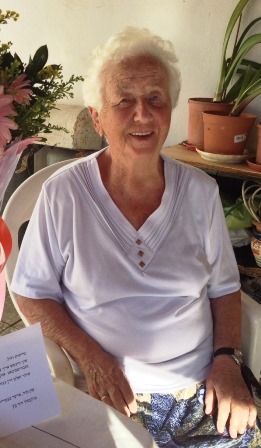OPINION
◊
VILNIUS—International media has reported in detail on last week’s military ceremonies in Vilnius celebrating the permanent installation of thousands of German soldiers as part of NATO forces in Lithuania, southernmost of the three Baltic republics. The new entity is “Germany’s 45th Armoured Brigade” (Panzerbrigade 45) that is also known as the “Lithuania Brigade”.
The Defending History community is a staunch supporter of the values and security needs of the European Union, NATO, the Western alliance of free and democratic nations, and has from day one condemned the medieval, barbaric February 2022 invasion and unleashing of mass death and destruction upon Ukraine by Putin’s Russian Federation forces. Our support includes reproducing a statement that has appeared for over a decade on p. 1 of DefendingHistory.com (right hand column). As stated there, adherence to the democratic values of the EU and the NATO alliance includes cherishing the free-speech right to criticize: efforts to rewrite Holocaust history by Eastern Europe’s ultranationalist far right; efforts to defame the victims, including Jewish partisans who fought valiantly against the Nazis; efforts to disseminate Double Genocide revisionism in the realm of Holocaust and World War II history; efforts to glorify Holocaust collaborators and perpetrators; efforts to curtail free speech by criminalizing or delegitimizing views that oppose these efforts.
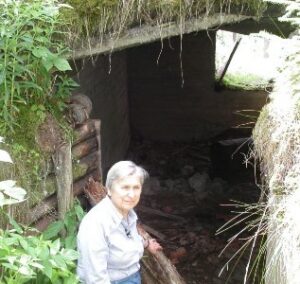
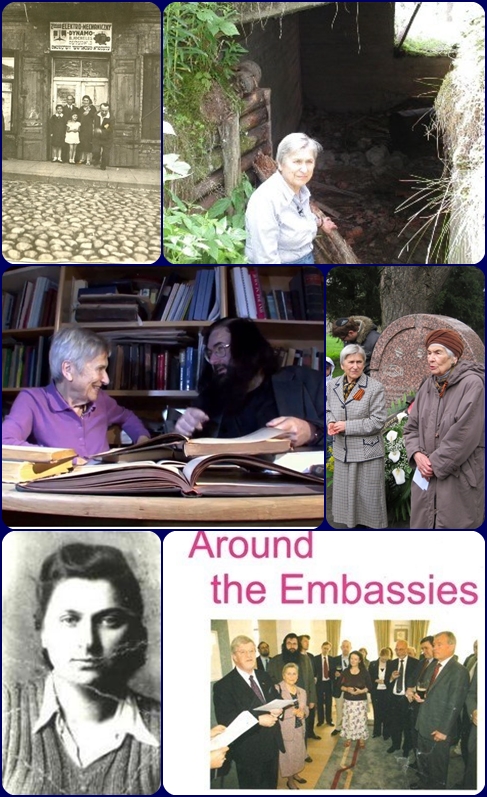

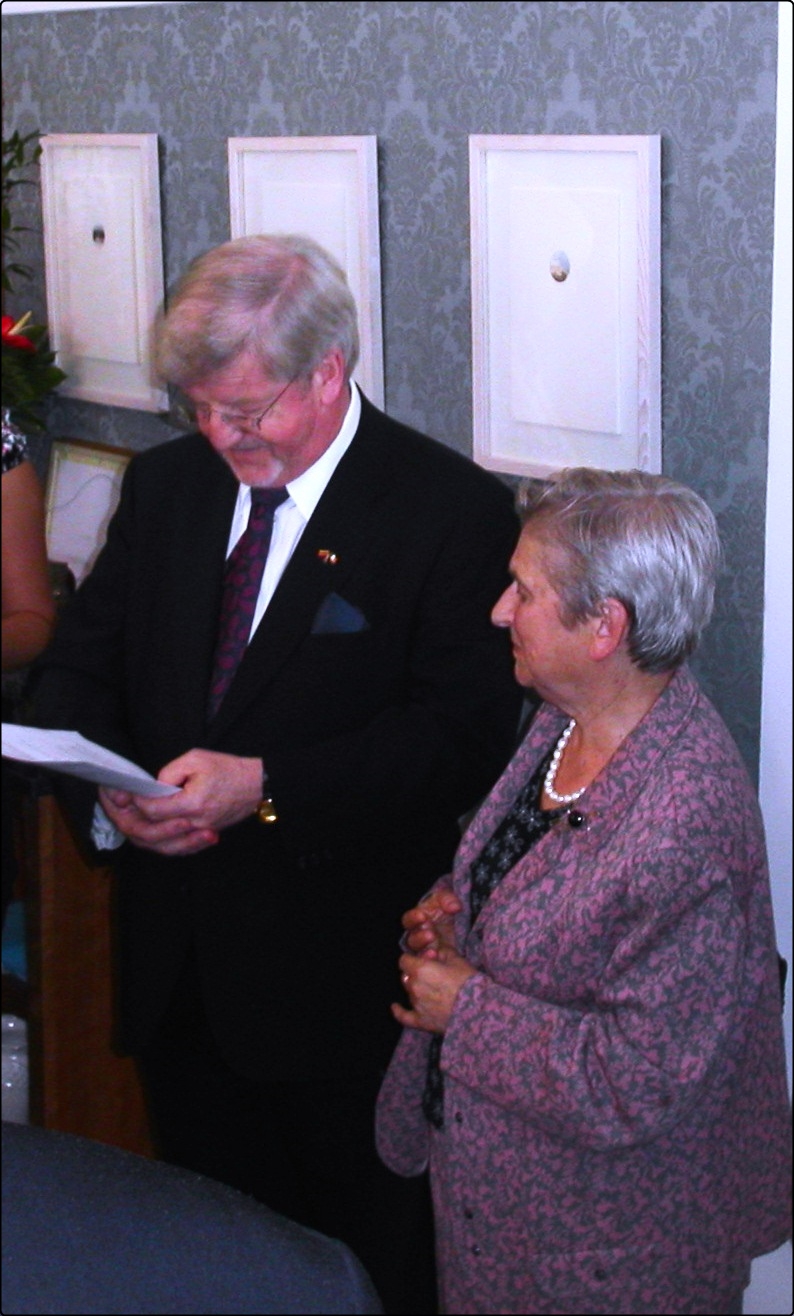 HE Dónal Denham’s 3 June 2008 historic reception for Fania Brantsovsky, a hero of the Holocaust-era anti-Nazi Jewish partisan resistance in Lithuania, held at the Irish Ambassador’s Residence in Vinius, the text of his speech has been released. It appears below. See our
HE Dónal Denham’s 3 June 2008 historic reception for Fania Brantsovsky, a hero of the Holocaust-era anti-Nazi Jewish partisan resistance in Lithuania, held at the Irish Ambassador’s Residence in Vinius, the text of his speech has been released. It appears below. See our 